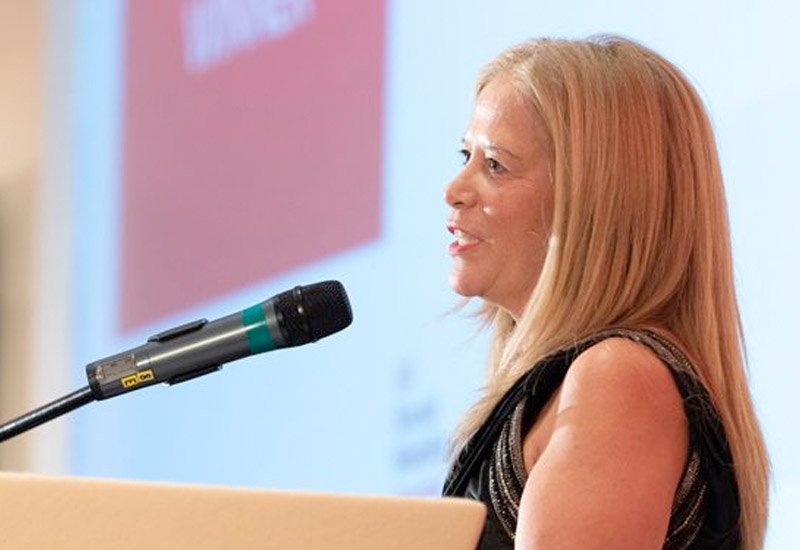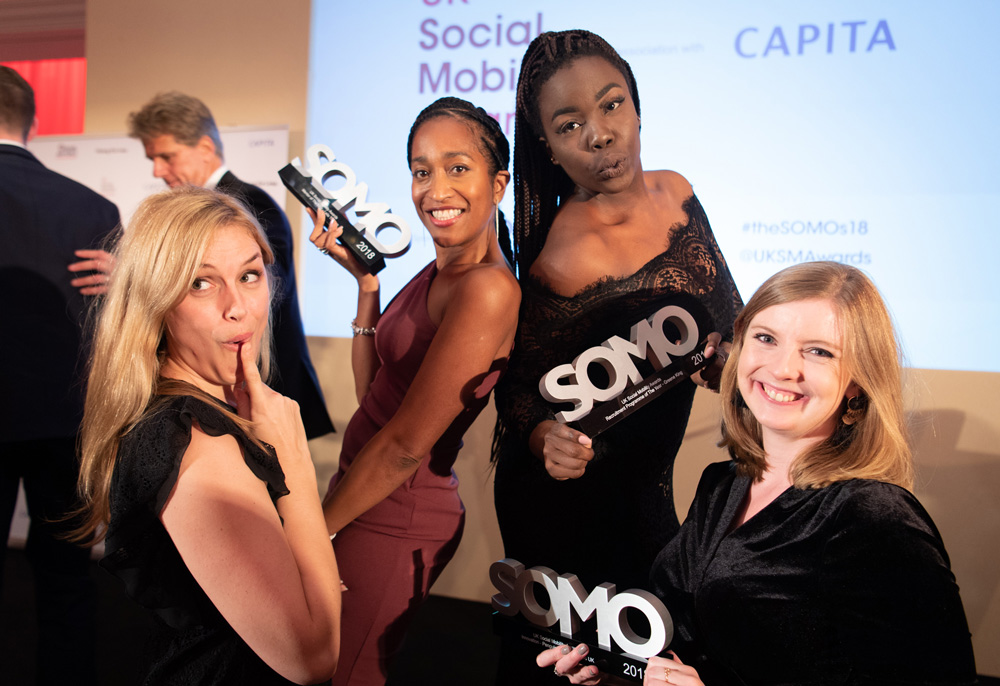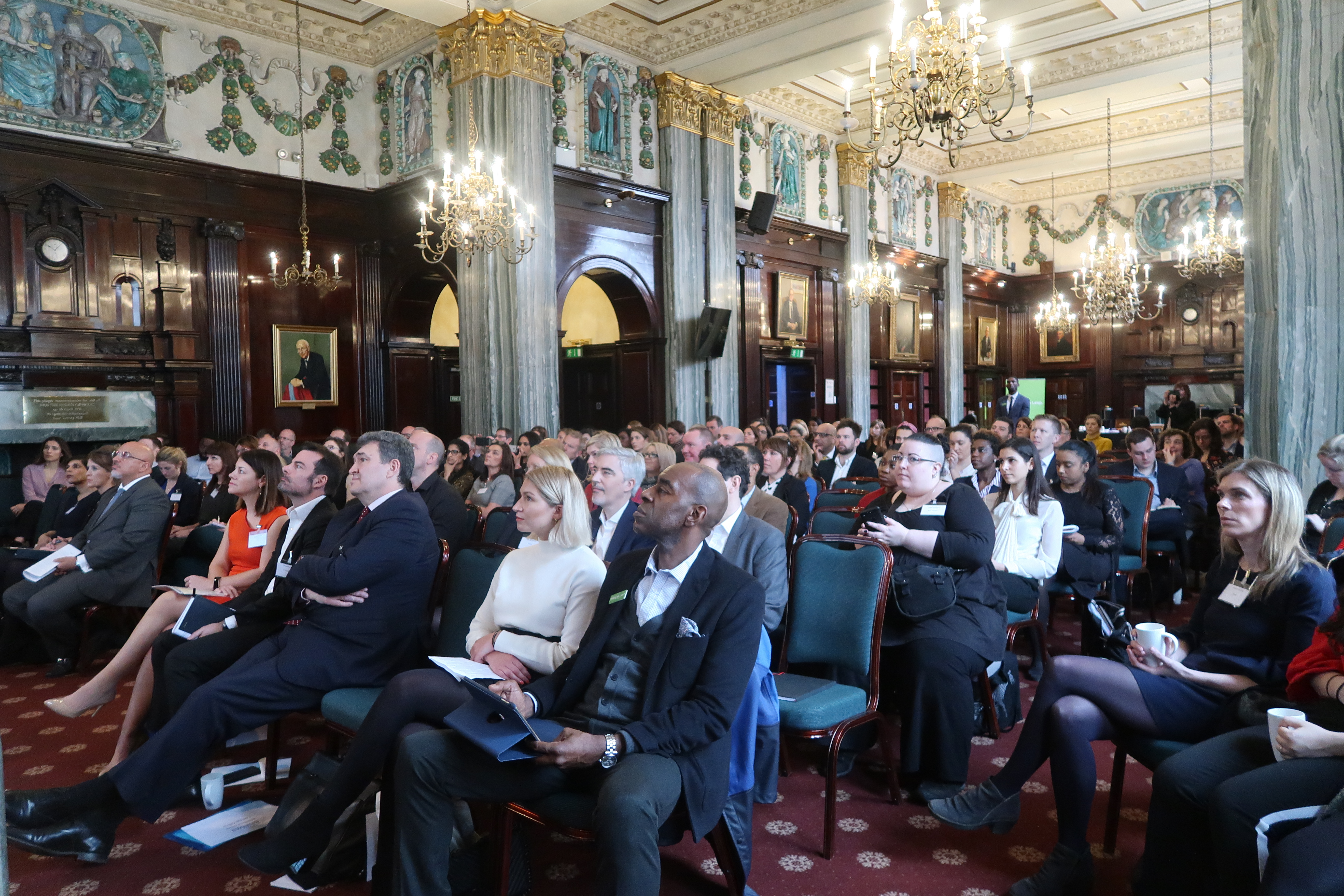As business practices shift – becoming more globalised, flexible and, to an extent, less hierarchical – the benefits of organisations embracing social mobility become more pronounced. For example, research has shown that cognitive diversity is essential for avoiding groupthink at board level, while also providing the canvas for innovation and creative solutions to flourish. Similarly, in a global economy, it is invaluable to have employees who are familiar not just with different cultures but are adept at operating in different circumstances. Whatever your focus, a successful social mobility initiative can be a life-changing experience for the people who benefit.
But how does this affect your organisation? Well, the ‘bottom line’ of old that focused entirely on profit is now defunct; successful companies are addressing the ‘triple bottom line’ of profit, people and planet. As Millennials and the generations that follow demand more responsible and sustainable business practices, it is increasingly imperative that your brand identity matches up to those demands.
However, it is not just about embracing progressive working practices – in the saturated markets of today you must actively vocalise your responsible business practices to a wide audience. There are many things you can do to improve social mobility in your company, but one act that will guarantee you a driving seat in the social mobility movement is to join the growing list of organisations entering the UK Social Mobility Awards.
As the submissions deadline on Friday 28th June draws closer, we spoke to some of our previous winners about the impact of the Awards. For Jonathan Andrews, a solicitor at Reed Smith LLP and the 2018 Awards’ ‘Rising Star’, it represented a full-circle moment:
“Social mobility is a really important aspect of how I’ve progressed. I went to a non-selective state school and was very privileged to get into a top university and law firm, despite my parents having never been to university. So, to be recognised for achievements to help other people with their own social mobility is incredibly important to me because I know, from first-hand experience, just how important it is.”

Melanie Richards, Deputy Chair, KPMG
The ‘Outstanding Contribution to Social Mobility’ winner, Melanie Richards – Deputy Chair at KPMG – was similarly effusive in her praise of the way in which the awards were leading a movement of organisations working responsibly:
“I feel very humbled, there were so many great award winners. It tells me that if we work together we can make a real difference. We need this awards ceremony to become bigger and better so that everyone in our country will not be judged by who they are today but who they can be tomorrow.”
Speaking after picking up the ‘Progression Programme of the Year’ trophy on behalf of the Ministry of Justice, Shaun McNally CBE – Chief Executive of the Legal Aid Agency and Social Mobility Champion at the MoJ – went into some detail about how the Awards provide a platform for sharing and promoting social mobility best practice:
“For me, the benefit of these awards is the stories that people tell – it’s about advocacy. If people realise that people like myself can reach the kind of positions in organisations that I have, given my background, then anybody can. The work that we have done through the ‘Catapult’ programme is to align mentors and mentees to help them realise what potential they can achieve.”
Building on the topic of mentors, Leila Thomas – Technical Project Manager at Refinitiv and Founder of Urban Synergy Mentoring – outlined the benefit that mentoring can have on a young person:
“Through a young person having a mentor they can become more confident, we can expose them to careers, make sure they are prepared for opportunities that are available to them and connect them to those opportunities.”
Further, Leila was vocal about the long-term impact that the Awards could have by inspiring individuals and organisations to do more for social mobility:
“These awards are important for inspiration because if people see that we can make a difference by giving time and caring for these young people, then they’re inspired to make a difference. So to us, these awards mean we can inspire other people to join charities like Urban Synergy and help young people to bridge that gap from the school gates to the world of work.”

Award winner Leila Thomas, with representatives of winning organisations, Greene King and Penguin Random House
For Graham Briggs – Head of Apprenticeships at ‘Recruitment Programme of the Year’ winners Greene King – the Awards not only encourage other organisations to embrace social mobility, but also reinforce the connection between employees and the business strategy, creating a more positive working culture that, in turn, makes attracting talent easier:
“The value of winning and having this award is fantastic. It highlights the recognition on behalf of our 40,000 employees working for Greene King. The importance we put on really investing in and attracting talent to our business – this is just testament to the hard work that’s gone in.”
In his famous thought experiment, philosopher George Berkley wrote: ‘If a tree falls in a forest and no one is around to hear it, does it make a sound?’ The implication is that only things that are observed happen. So, in today’s competitive jobs market, if you have a social mobility initiative that nobody knows about, you must question whether it is really happening. By entering the UK Social Mobility Awards you can make sure that your initiative gets the recognition it deserves; help to change the way organisations across the UK operate by inspiring change; and join the movement of leading organisations doing things differently.
The deadline for entries is on Friday, 28th June. Submit here.
Follow the UK Social Mobility Awards on social media for all the latest news and updates.





